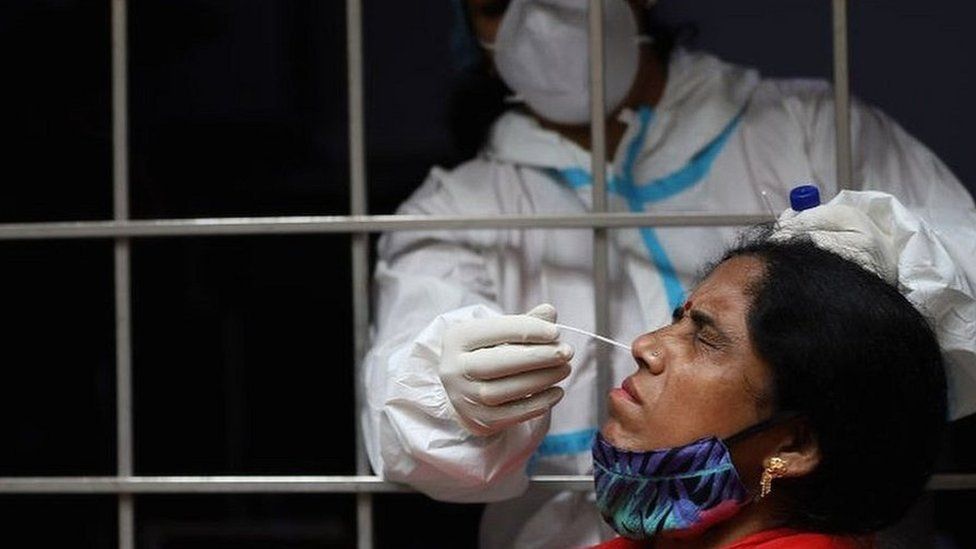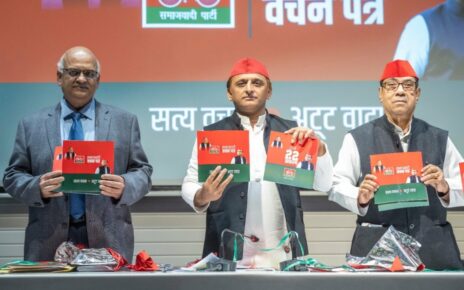A third wave of coronavirus infections is likely to hit India by October, and although it will be better controlled than the latest outbreak, the pandemic will remain a public health threat for at least another year, according to a Reuters poll of medical experts.
As many as 40 healthcare specialists, doctors, scientists, virologists, epidemiologists and professors from around the world were questioned by Reuters for this snap survey, which was conducted from June 3-17. Among those who predicted there would be a third wave, more than 85%, or 21 out of 24 respondents said it would hit by October, including three who projected it to arrive by August and 12 who gave a September timeline. The others predicted an arrival of the third wave between November and February next year.
The experts, however, seemed divided over the impact of a potential third wave on children and those below the age of 18. While 26 out of 40 experts said children would be most at risk, the remaining 14 said this would not be the case.
“If children get infected in large numbers and we are not prepared, there is nothing you can do at the last minute,” said Dr Devi Shetty of Narayana Health and an advisor to the Karnataka state government on pandemic response planning.
“It will be a whole different problem as the country has very, very few paediatric intensive care unit beds, and that is going to be a disaster.”
Moreover, 24 out of 34 or more than 70% experts were of the opinion that any possible third wave would be controlled better than the second one.
“It will be more controlled, as cases will be much less because more vaccinations would have been rolled out and there would be some degree of natural immunity from the second-wave,” said Dr Randeep Guleria, director at All India Institute Of Medical Sciences (AIIMS).
So far, India has only fully vaccinated about 5% of its estimated 95 crore eligible population, leaving many millions vulnerable to infections and deaths.




